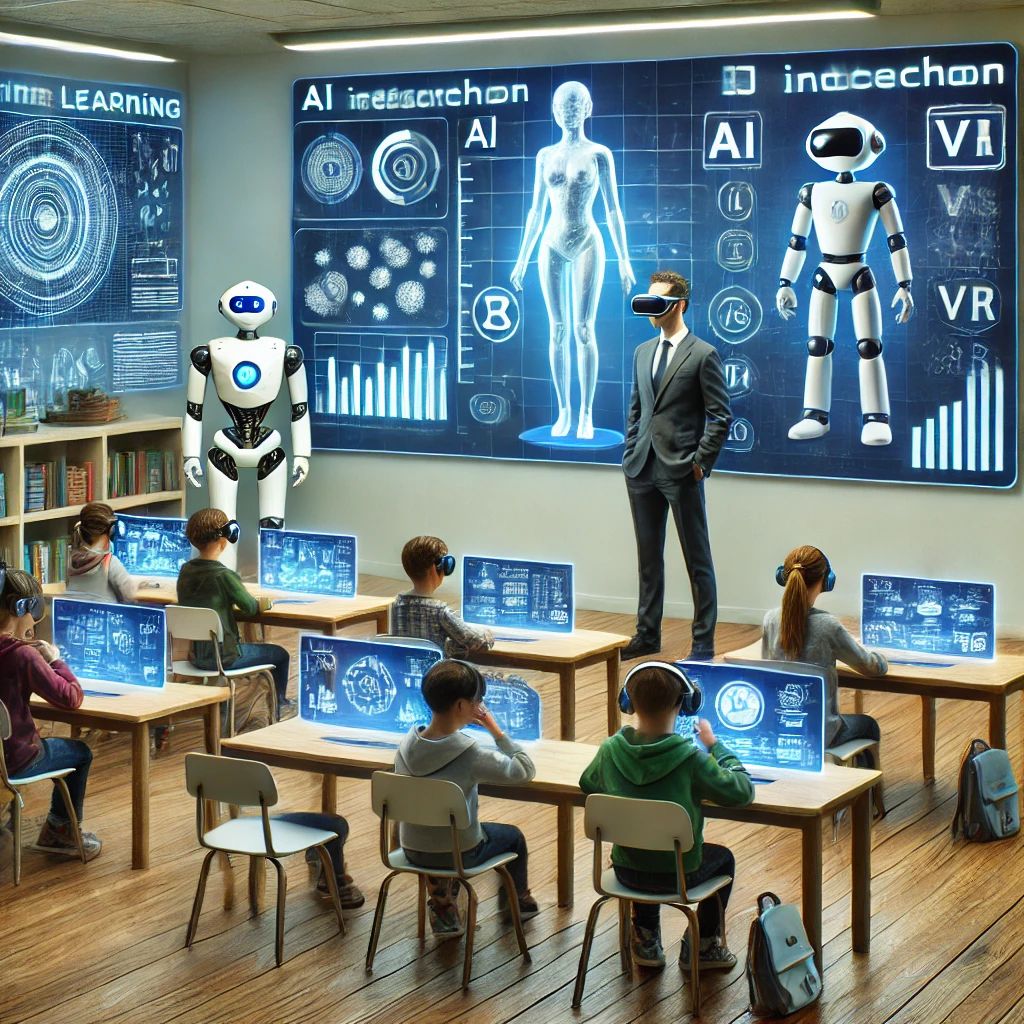
AI technology is revolutionizing education in several ways, making learning more efficient, personalized, and accessible. Here’s how you can explain it:
1. Personalized Learning
AI adapts to individual student needs by analyzing their progress and providing customized lessons, quizzes, and feedback. Platforms like adaptive learning systems adjust difficulty levels based on student performance.
2. Smart Tutoring and Assistance
AI-powered tutors, such as chatbots and virtual assistants, help students by answering questions, explaining concepts, and guiding them through complex problems anytime, anywhere.
3. Automating Administrative Tasks
AI helps teachers by grading assignments, managing schedules, and handling repetitive administrative tasks, allowing educators to focus more on teaching and mentoring students.
4. Enhancing Accessibility
AI tools like speech-to-text, real-time translation, and screen readers help students with disabilities or language barriers, making education more inclusive.
5. Data-Driven Insights
AI analyzes student performance data to identify learning gaps, predict future challenges, and suggest interventions, helping educators improve teaching strategies.
6. Interactive and Engaging Learning
AI-powered virtual and augmented reality (VR/AR) make learning more immersive. For example, students can explore historical sites or conduct virtual science experiments.
7. Lifelong and Remote Learning
AI enables flexible learning through online platforms, allowing students to learn at their own pace from anywhere in the world.
Would you like a specific example or case study to illustrate these points?
No Responses